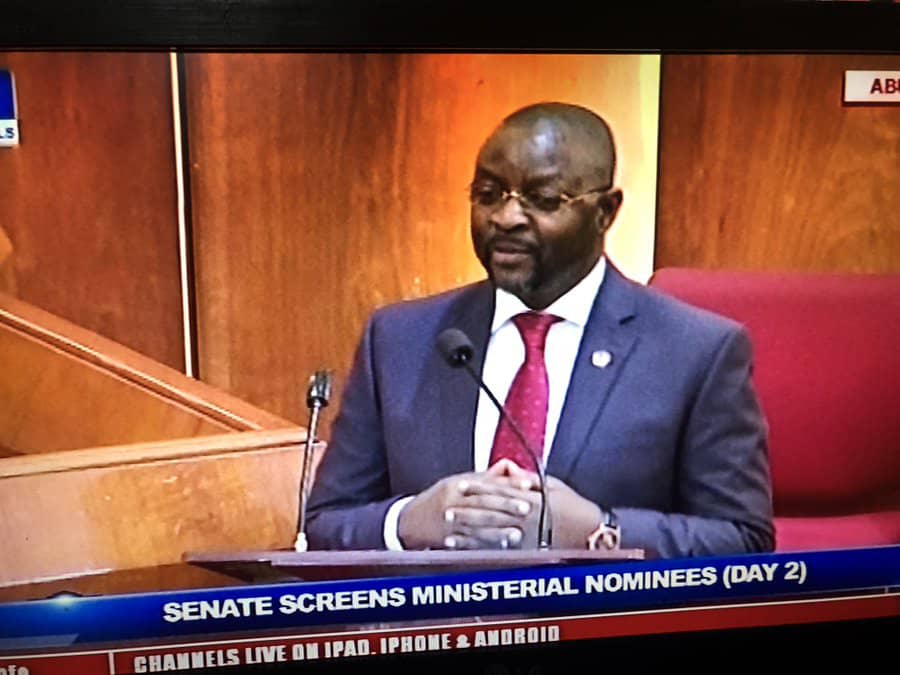
The Executive Commissioner (Stakeholder Management) of the Nigerian Communications Commission, Sunday Dare, has said the technology available cannot allow for the phone lines of kidnappers to be tracked until after the fact, Punch reports.
Dare, who was screened by the Senate as a ministerial nominee of President Muhammadu Buhari, stated that the spate of kidnapping in the country was worrisome.
He said, “The issue of kidnapping worries us, not just as regulators but also as citizens of this country and we have watched across the country how we have seen a spike in the level of kidnapping.
“The starting point really is that to arrest kidnapping, it is a collaborative effort because the NCC as a regulator, without making any excuses, does not have prosecutorial powers.
“But we do have what we call the sim registration database, a database inclusive of 172 million subscribers in this country. It is expected to have every SIM card registered with the necessary information and data — biometrics as the case may be.”
According to him, the operators collect the information and pass the data on to the regulator, which begins a process of verification, otherwise known as scrubbing.
Dare explained that, very often, the NCC finds that the biometrics are not done properly, certain fields of the registration forms are missing, and in most cases, the pictures used are fuzzy.
He said, “So, we have been able to work on that process. In the last three years, we have been able to work with NIMC. They have the equipment and the software to scrub this data and get them back to the NCC. This is still ongoing.
“We have done well over 50 million and the process is a bit tedious because it’s dealing with technology but it’s being speeded up. But it’s important to make the point that we have captured at least 85 per cent of every SIM card in this country, in terms of registration.
“Every SIM card in use is connected to the network. So, yes, it is possible to trace the kidnappers — but until kidnapping occurs; until that phone call is made, there is no real-time surveillance or software to be able to monitor 172 million lines round the clock.”
Dare noted that, through collaborative efforts with the office of National Security Adviser, the Department of State Security and the police, the NCC has had telephone numbers brought to its attention immediately.
He added, “The NCC had gone ahead on several occasions to query the database we have and the database the MNOs, like MTN and Glo, have and we have been able to extract the needed information, pass the information in real-time to the DSS and security agencies and we have had several apprehensions.
“It is difficult for me to disclose the process of triangulation and the other processes that ONSA and the rest go through but I know that we are working towards creating a more robust system, leveraging on technology.
We have a number of proof of concepts because we are trying to benchmark and see what other countries have done in order to reduce the crime of kidnapping as we have it in our country.”
•Source: The Punch
